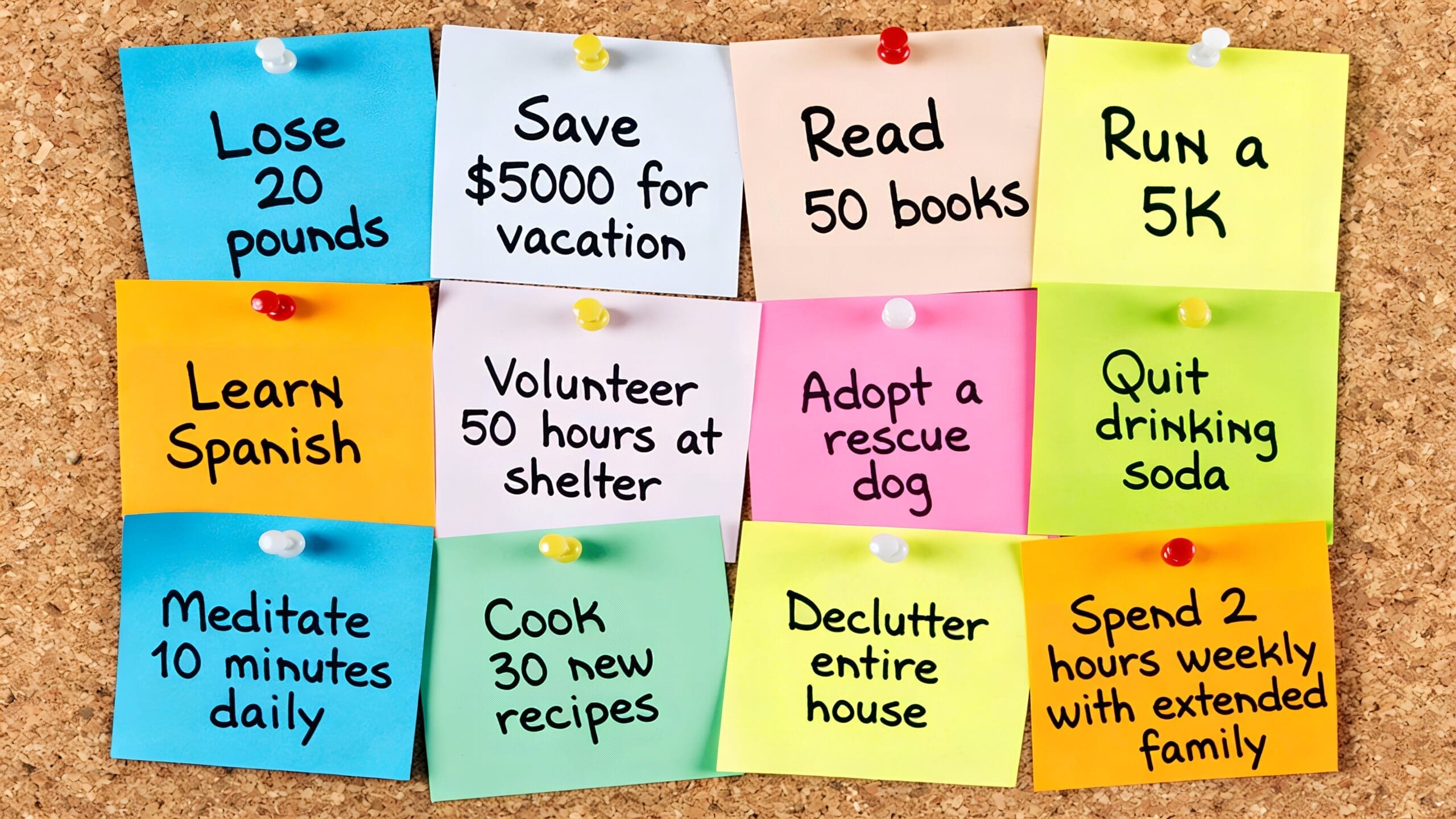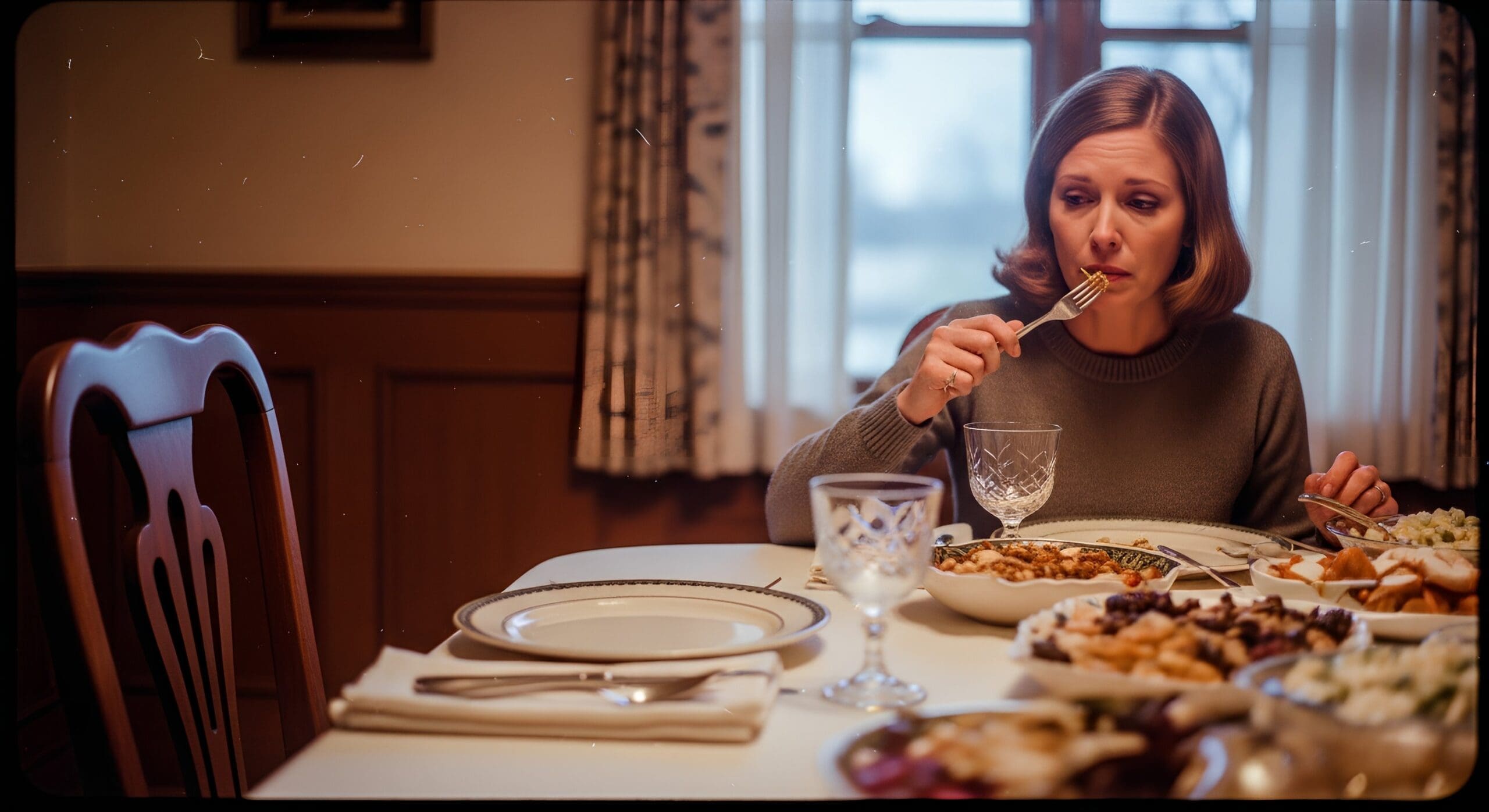Here’s a question that stops most people in their tracks: If your relationship is struggling, should you seek marriage counseling or couples therapy? Most assume these terms are interchangeable—just different names for the same service. But this assumption could be costing you the breakthrough your relationship desperately needs.
The confusion between marriage counseling and couples therapy isn’t just semantic—it reflects deeper misunderstandings about what each approach offers and which path will truly serve your unique situation. As relationship professionals who have guided thousands of couples through transformation, we’ve witnessed firsthand how choosing the right approach can mean the difference between surface-level fixes and lasting change.
The Critical Difference That Changes Everything
Marriage Counseling: The Traditional Approach
Marriage counseling typically focuses on the institution of marriage itself—addressing specific marital issues like infidelity, financial disputes, or parenting conflicts. This approach often emphasizes problem-solving and conflict resolution within the traditional framework of married life. The counselor acts as a mediator, helping spouses navigate immediate crises and restore stability to their union.
Couples Therapy: The Relationship-Centered Method
Couples therapy, by contrast, takes a broader view of partnership dynamics. It’s not limited to married couples—it serves any two people committed to building a stronger relationship. This approach digs deeper into emotional patterns, attachment styles, and the fundamental ways partners connect and communicate. Rather than just solving problems, couples therapy transforms how partners relate to each other at the core level.
The distinction matters because your relationship’s needs determine which approach will create lasting change.
Why Modern Relationships Demand a New Approach
Recent data reveals a sobering reality about relationship health in America. According to the American Psychological Association, communication problems affect 67% of couples, while emotional distance impacts 43% of relationships. These aren’t just statistics—they represent millions of partnerships struggling with issues that traditional marriage counseling wasn’t designed to address.
The stigma factor compounds the problem. Many couples delay seeking help because they view it as admitting failure rather than investing in growth. This delay costs relationships dearly—the average couple waits six years after problems begin before seeking professional guidance.
Consider Sarah and Mark, a couple who came to Texas Counseling Center after three failed attempts at traditional marriage counseling. They’d spent months focusing on their arguments about money, but nothing changed. When they shifted to couples therapy using the Gottman Method, they discovered their financial conflicts were symptoms of deeper attachment insecurities. Within four months, they weren’t just arguing less—they were connecting more deeply than they had in years.
The Evidence-Based Advantage of Modern Couples Therapy
At Texas Counseling Center, we’ve observed what research confirms: couples therapy using evidence-based methods like the Gottman Method produces significantly better outcomes than traditional approaches. The Gottman Method, backed by over 30 years of research and study of more than 3,000 couples, shows a success rate of over 80% in strengthening relationships.
Here’s why this approach works where others fail:
It Addresses Root Causes, Not Just Symptoms
Instead of simply mediating disputes, modern couples therapy identifies the underlying patterns that create conflict. When couples understand their attachment styles and emotional triggers, they can prevent problems before they escalate.
It Builds Emotional Intelligence Together
The method teaches couples to recognize and respond to each other’s emotional needs with greater skill and compassion. This creates a foundation for growth that extends far beyond the therapy room.
It Provides Practical Tools for Daily Life
Couples learn specific techniques for managing conflict, expressing needs, and maintaining emotional connection during stressful periods. These aren’t theoretical concepts—they’re practical skills that transform daily interactions.
Breaking Through the Barriers That Keep Couples Stuck
Challenge 1: The Stigma of Seeking Help
Many couples, particularly in Texas where self-reliance is deeply valued, struggle with the perceived weakness of needing professional guidance. The truth? The strongest couples are those who invest in their relationship proactively, not those who pretend problems don’t exist.
Our approach: We frame therapy as relationship enhancement, not crisis management. Just as athletes work with coaches to improve performance, couples work with therapists to strengthen their partnership skills.
Challenge 2: Confusion About What to Expect
Couples often avoid therapy because they fear being judged, having their privacy invaded, or being told their relationship is hopeless. These fears stem from outdated models of relationship intervention.
Our commitment: We create a safe, non-judgmental space where couples feel empowered to explore their dynamics honestly. Our role isn’t to take sides or assign blame—it’s to guide both partners toward deeper understanding and connection.
Challenge 3: Time and Accessibility Concerns
Busy couples often postpone therapy because they assume it requires a massive time commitment or multiple weekly sessions they can’t fit into their schedules.
Our solution: We offer flexible scheduling, including evening and weekend appointments, plus telehealth options that eliminate travel time. Most couples see significant improvement within 8-12 sessions when using evidence-based methods.
The Gottman Method: Why This Approach Transforms Relationships
The Gottman Method stands apart because it’s built on observable behaviors and measurable outcomes, not theoretical assumptions. Dr. John Gottman’s research identified specific patterns that predict relationship success or failure with over 94% accuracy.
The Four Horsemen: Recognizing Destructive Patterns
The method teaches couples to recognize and eliminate the “Four Horsemen”—criticism, contempt, defensiveness, and stonewalling—that destroy relationships. But more importantly, it provides specific antidotes to these toxic patterns.
Building Love Maps and Emotional Connection
Couples learn to truly know each other again—their dreams, fears, stresses, and joys. This deep knowledge creates the foundation for lasting intimacy and mutual support.
Creating Shared Meaning and Purpose
Beyond resolving conflicts, the method helps couples build a shared vision for their life together, creating meaning that transcends daily stresses and challenges.
Success Stories: When the Right Approach Changes Everything
Lisa and David came to us after 18 months of escalating arguments that threatened their 12-year marriage. Traditional counseling had focused on their communication style, but their relationship continued deteriorating. Through couples therapy using the Gottman Method, we discovered that Lisa’s need for emotional connection and David’s fear of vulnerability were creating a destructive cycle.
Within three months, they’d learned to recognize their pattern and respond differently. David began sharing his work stress instead of withdrawing, and Lisa learned to offer comfort without trying to solve his problems. Six months later, they described their relationship as stronger than ever before.
Another couple, Jennifer and Carlos, sought help for what they thought were irreconcilable differences about parenting. Couples therapy revealed that their different approaches stemmed from their own childhood experiences. By understanding each other’s perspective and developing a unified approach, they not only improved their parenting but strengthened their partnership.
Making the Right Choice for Your Relationship
When deciding between marriage counseling and couples therapy, consider these key questions:
- Are you looking to solve specific problems, or do you want to understand and transform your relationship patterns?
- Do you want to strengthen your foundation as a couple, not just resolve current conflicts?
- Are you committed to learning new skills that will serve your relationship long-term?
- Do you want an evidence-based approach with proven results?
If you answered yes to these questions, couples therapy—particularly using the Gottman Method—offers the comprehensive transformation your relationship deserves.
Your Relationship’s Potential Awaits
Every couple that walks through our doors at Texas Counseling Center carries within them the potential for profound connection and lasting love. The difference between couples who thrive and those who merely survive often comes down to one crucial decision: choosing an approach that addresses not just what’s wrong, but what’s possible.
You don’t have to settle for a relationship that feels like work. You don’t have to accept communication that leaves you feeling unheard or misunderstood. You don’t have to live with the quiet desperation of emotional distance.
The couples we serve—from Houston to Dallas, from busy professionals to growing families—have discovered that investing in their relationship isn’t just about solving problems. It’s about creating a partnership that enriches every aspect of their lives.
Rediscover your relationship’s potential. Contact Texas Counseling Center today at (346) 440-1800 or schedule an appointment online. Your strongest, most connected relationship isn’t just a dream—it’s a decision away. Because every great love story deserves a skilled guide, and every couple deserves the tools to write their happiest chapter yet.
Your relationship isn’t broken—it’s ready to break through to something beautiful. Let’s discover what that looks like together.
Schedule a Session
With Us Today
We're here to start the journey to better mental health with you.


